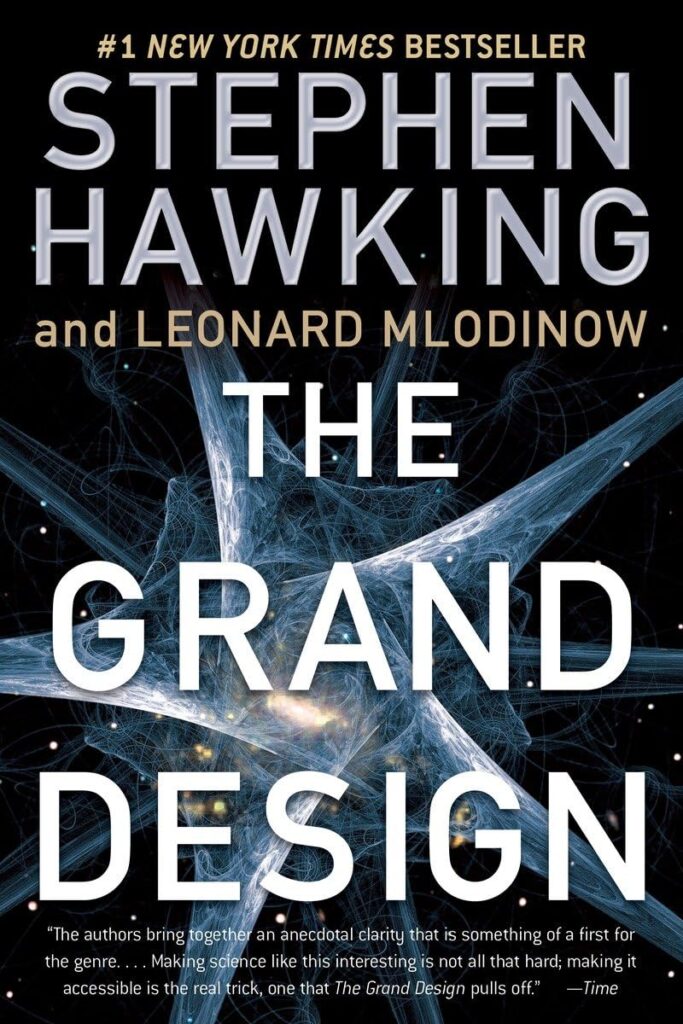The Enigma of the Big Bang: What We Still Don’t Know About the Origins of the Universe
The Big Bang theory is the prevailing explanation for the origin and evolution of the universe. According to this theory, the universe began as a singularity – a point of infinite density and temperature – around 13.8 billion years ago. This singularity then rapidly expanded, cooling and forming the galaxies, stars, and planets that we see today.
While the Big Bang theory has been incredibly successful in explaining many aspects of the universe, there are still many unanswered questions and mysteries surrounding the event itself. These mysteries have led some scientists to refer to the Big Bang as an “enigma” that we have yet to fully understand.
One of the biggest mysteries of the Big Bang is what caused it in the first place. While the theory explains how the universe evolved after the initial explosion, it does not explain why the explosion occurred in the first place. Some scientists speculate that the universe may have been created by a quantum fluctuation, while others suggest that it may be the result of a collision between two parallel universes.
Another mystery is the nature of the singularity itself. According to our current understanding of physics, singularities are points of infinite density and temperature where the laws of physics break down. This raises the question of whether the laws of physics as we know them can truly explain the origin of the universe, or if a new, more fundamental theory is needed.
Furthermore, the Big Bang theory also fails to explain why the universe is so finely tuned for the existence of life. The values of certain fundamental constants, such as the strength of gravity and the mass of the electron, seem to be perfectly set to allow for the formation of stars, galaxies, and ultimately, life. This fine-tuning has led some scientists to propose the existence of a multiverse – a vast ensemble of parallel universes with different values of these constants.
Despite these unanswered questions, scientists continue to study the Big Bang and search for new insights into the origins of the universe. The development of new theories, such as string theory and quantum gravity, may provide a more complete understanding of the events that led to the creation of the universe.
In conclusion, the Big Bang remains one of the greatest mysteries in modern science. While the theory has been remarkably successful in explaining the evolution of the universe, there are still many unanswered questions about its origins. By continuing to study and explore these mysteries, scientists hope to gain a deeper understanding of the nature of the universe and our place within it.













